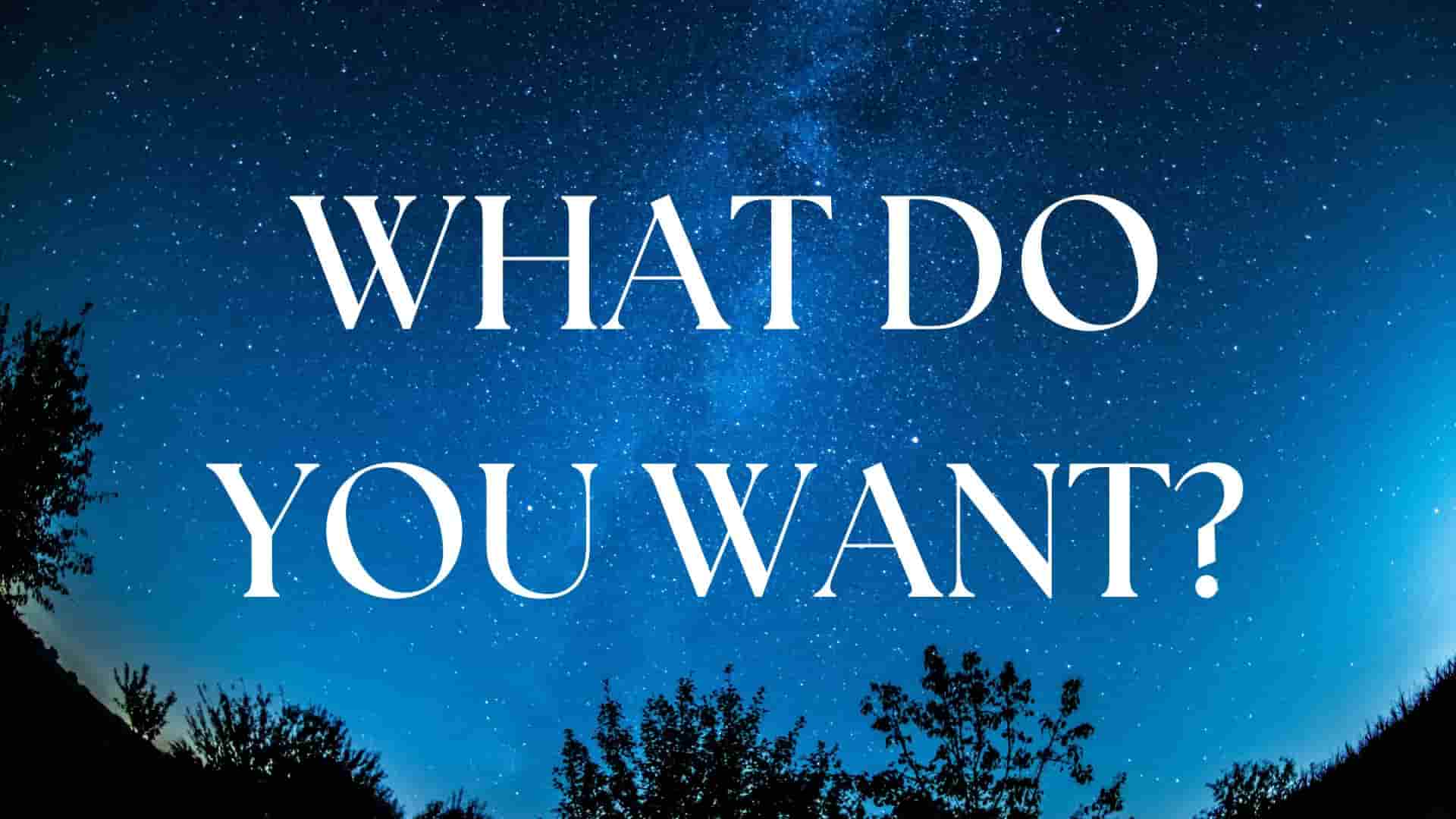In our world, we often think that finding our passion and purpose is the key to being happy. But this can actually be a trap. Many people think they know what they want, and they chase after those things, believing they will finally feel satisfied. But then they end up feeling lost and unfulfilled anyway.
Having a clear idea of what you desire can be powerful. But we have to be careful, because this mindset also has its limits. It’s important to look at things in a more well-rounded way if we really want to find true fulfillment.
More than meets the eye

You know, at first glance, having a clear idea of what you want can seem really admirable. It suggests you’re decisive, focused, and have a sense of direction. But the truth is, that kind of clarity can also be a bit of a double-edged sword.
Because when you think you know exactly what you want, it can sometimes blind you to all the other amazing opportunities and experiences out there that could enrich your life in unexpected ways. It creates this tunnel vision, where you’re so fixated on your specific goals and aspirations that you miss out on exploring other possibilities.
It’s kind of like that question we’ve all been asked - “What do you want to be when you grow up?” I’ve always found that to be a really odd thing to ask kids. I mean, how can a little child possibly know what they want to do for the rest of their life? There are so many reasons why that’s not a great question to ask young ones:
- Kids don’t even know what are the possible career options.
- Even if they do know the options, they’d just know the high level working of the job.
- Most of their peers would like just to answer something, which will make them want to blabber something just to get out of the situation, but subconsciously cementing hard the decision they made in this split second. I don’t know I may be wrong but this is what I’ve observed.
But what if you do know what you want to do? I never knew what I want to do professionally before taking up the Computer Science course in 11th grade. I don’t know what happened but programming just clicked for me. I was having so much fun solving coding puzzles in that class that I’d ask for more problems once I had finished all the standard problems thrown at us during the class. Programming was also quite of an escape hatch to just detach from the preparation for the JEE Advanced examination.
Coding and my friends were the only thing keeping me sane during that dreaded period.
After coming to college, I knew I want to go deep into coding and stuff. Spend almost all of my time learning my way through Data Structures, Algorithms and Web/App development. Enjoyed a lot. But now that I look back, I think I could have utilized my time in a better way.
The Eureka moment

I used to think I know what I want and what I feel, but after living alone from my family for a long time due to college, I’ve realized the following things about myself:
- Used to think I’m more into nerdy and non-fiction stuff. Turns out I’m really inclined towards fiction.
- Thought that I like to be alone. But, I’m at my happiest when I’m with my loved ones. I really fall apart if I’m left with my thoughts alone for a long time.
It’s weird to think that one can judge oneself so wrong. Make me wonder how wrong we judge others all the time.
The challenges that follow
You know, having a clear idea of what you want can seem like a really great thing. It makes you seem focused and decisive, like you’ve got your life all figured out. But the truth is, that kind of certainty can also cause a lot of problems.
When you’re constantly stressing over whether you’re on the “right” path, it’s easy to get paralyzed by self-doubt and indecision. And the fear of making the “wrong” choice can really hold you back from taking any action at all. You just end up getting stuck.
On the flip side, the people who don’t have a super clear vision of their future can actually find a lot more freedom and flexibility. They’re more open to stumbling upon unexpected opportunities and discoveries. Without the burden of high expectations, they can move through life with a more light-hearted, curious attitude.
Now, that’s not to say that having goals and purpose is a bad thing. But it’s important to hold onto those desires loosely, because they’re likely to change over time. The key might be finding a balance - having a general direction, but not clinging too tightly to a specific outcome.
Conclusion
At the end of the day, knowing exactly what you want can actually prevent you from being fully present and open to the unexpected. Sometimes the richest experiences come from just wandering without a map, letting life surprise and guide you. The most fulfilling paths might be the ones you never could have predicted.
